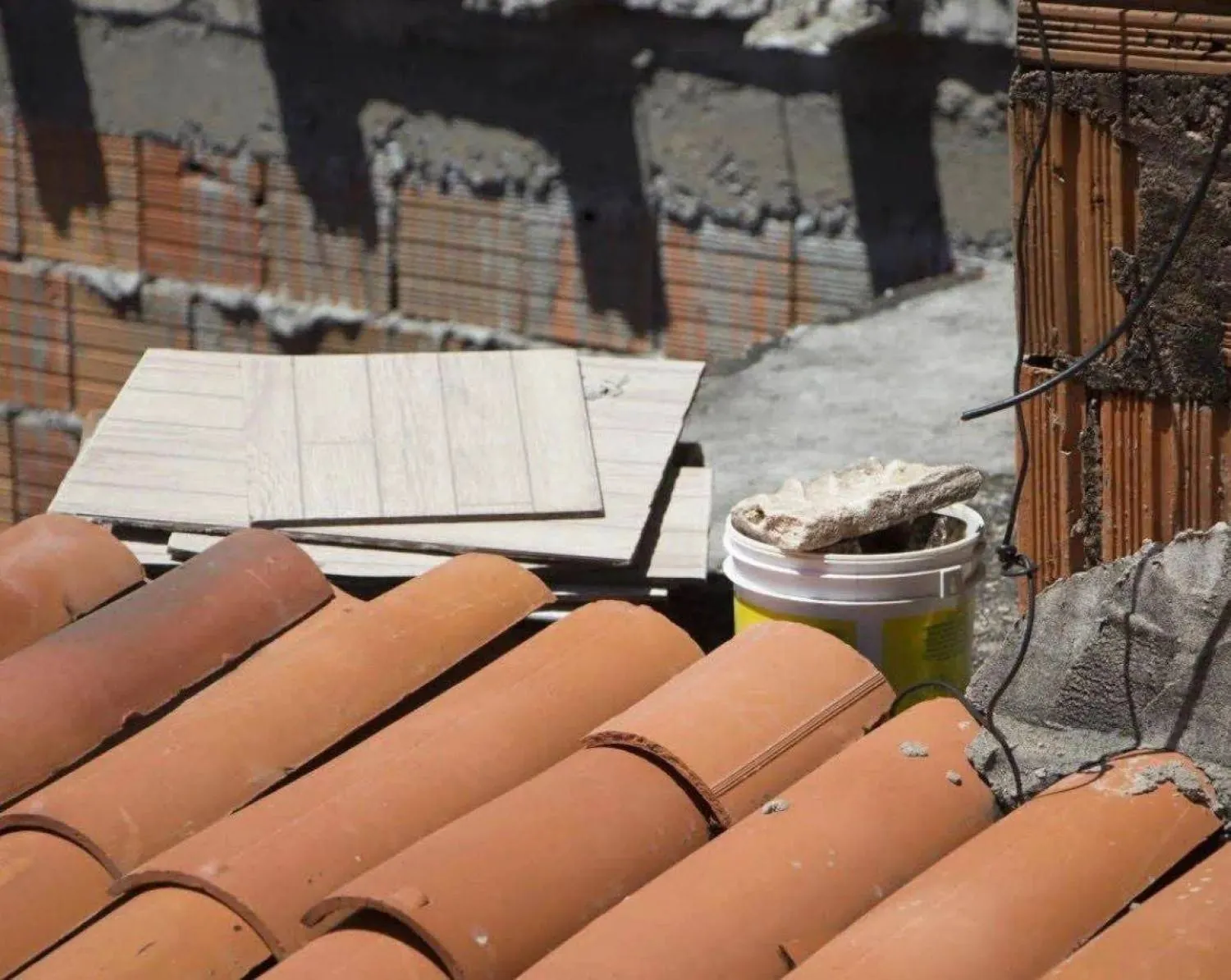The Saudi government strongly condemned on Tuesday the recent terrorist attacks that have taken place in the Afghan capital Kabul, the French city of Nice and the Austrian capital Vienna.
Custodian of the Two Holy Mosques King Salman bin Abdulaziz chaired the cabinet meeting that was held virtually from Neom due to the ongoing coronavirus pandemic.
“Saudi Arabia vehemently rejects such acts that target innocent lives and destabilize security. Such attacks contradict all religious beliefs and human values,” added the government.
It underscored the need to shun practices that stoke hatred, violence and extremism in all their forms.
On Yemen, the cabinet reiterated its condemnation of the Iran-backed Houthi militias for continuing to fire armed drones towards the Kingdom. It said the Saudi-led Arab coalition had destroyed all the aircraft, slamming such terrorist acts as violations of international humanitarian law.
Locally, the ministers underlined the importance of combating all forms of corruption and on levels. They stressed the need to protect national gains and public funds to boost the comprehensive development that is taking place in the Kingdom.
They hailed all efforts aimed at fighting corruption and anyone abusing their position for personal gain and profit, urging that the severest of punishments be laid down against violators.
King Salman also briefed the cabinet on the message he received from Kuwait Emir Sheikh Nawaf al-Ahmad al-Jaber al-Sabah.
The ministers also highlighted King Salman’s speech before the Think20 (T20) engagement group. He had underscored that the world’s top priority at the moment must focus on saving lives and developing a vaccine for the coronavirus. He also stressed the need to remain abreast changes in education and business and prepare society to learn new skills in line with the demands of the job market.
The government also highlighted the G20 Business 20 (B20) Summit and its recommendations that tackled reviving the global economy and consolidating new firmer economic foundations in order to confront future challenges.









